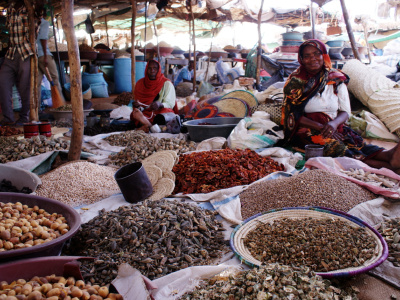
A changing EU: what are the development implications? Challenges facing the EU’s new political leadership
In the second half of 2004 the European Union’s new political leadership takes office. The European Parliament elections are held in June and a new College of Commissioners is appointed over the summer and starts its mandate on 1 November. These regular moments in the EU calendar are this time, however, complemented by a further major change. The Council will see its biggest expansion ever with 10 new Member States formally joining on 1 May.
All the three major EU institutions that govern EU development cooperation are therefore set to experience important changes in political leadership. There is continuity of course, provided by the officials of the Commission and the older Member States, but the accent will be on renewal, new ideas, new relationships, new balances of power and therefore, in time, a likely evolution in policy.
At the same time the Union is involved in two far-reaching debates on institutional and policy frameworks: the unfinished Intergovernmental Conference (IGC) which is discussing proposals for major institutional changes for EU external action and the Financial Perspectives which will set the budgetary framework for the Union for 2007 to 2013. One of the first and biggest challenges facing the new leadership will therefore be finalising an agreement on the Financial Perspectives and much of their time in office will be dominated by transitional arrangements leading up to the new institutional structures agreed in the IGC.
How then is development cooperation likely to fare amongst all these changes? What moments and issues should particularly concern development specialists?

